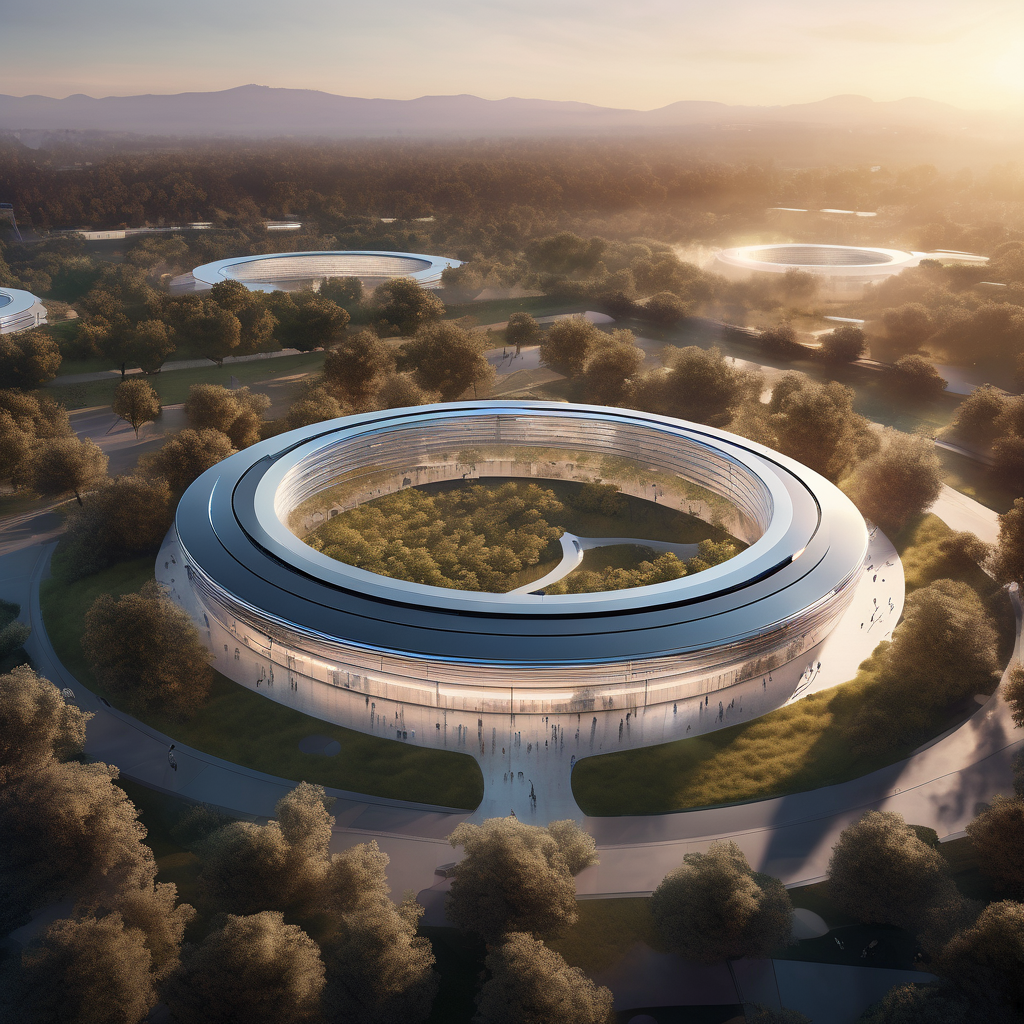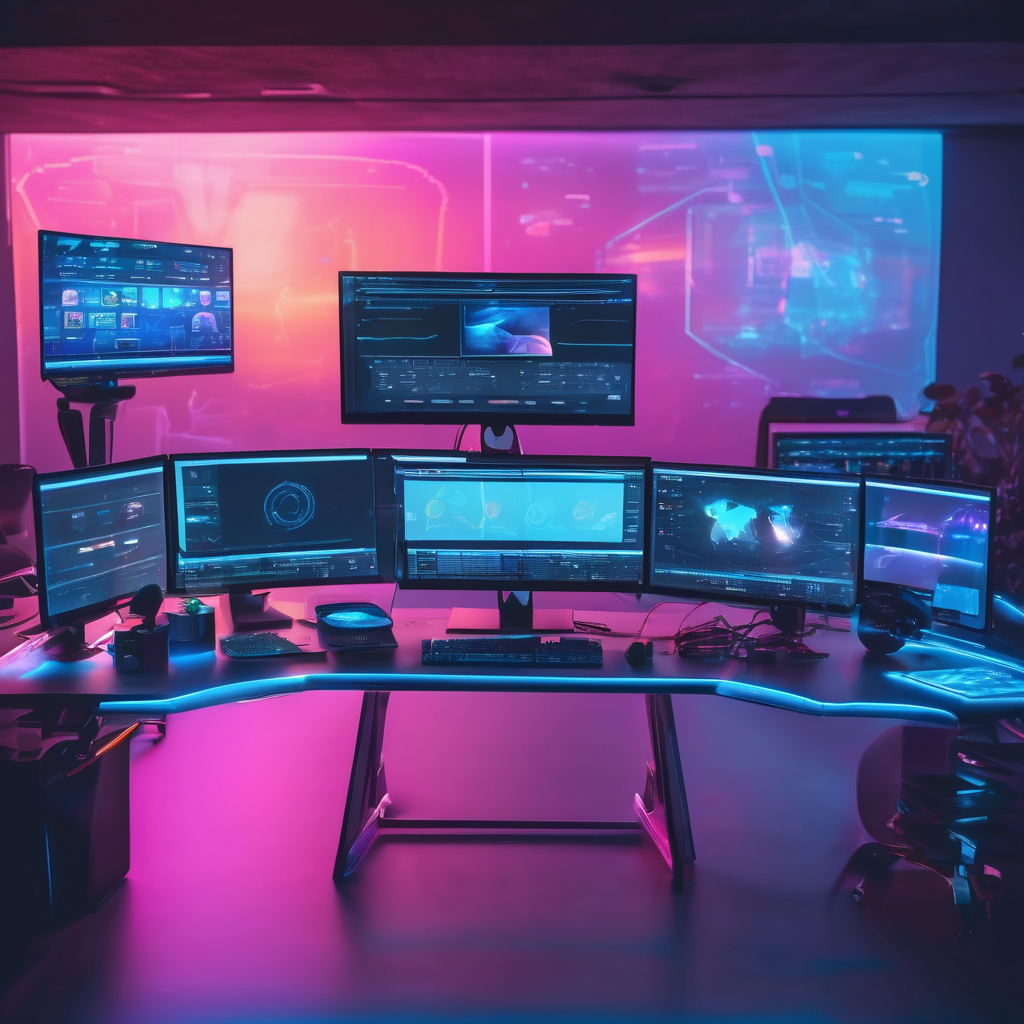
The availability of AI tools like ChatGPT and similar alternatives presents a potential risk of spreading politically motivated misinformation on social media platforms to an unprecedented extent. This prospect is especially concerning in an era marked by deeply divided politics and a growing skepticism towards online content. As the upcoming election cycles approach, the role of AI in shaping their outcomes remains uncertain, despite discussions with over 30 politicians, policymakers, tech executives, and experts from various countries. While the latest AI tools may showcase remarkable capabilities, the majority of deepfakes, including those originated from Russia and China for global influence campaigns, can still be easily and swiftly debunked.
Moreover, political persuasions are often deeply entrenched, leading experts to caution that AI-generated content is unlikely to alter voters' party affiliations, regardless of how convincing fabricated photos, videos, or audio clips may appear. During recent elections, including those in countries like Pakistan and Indonesia where generative AI has been widely employed, there is little or no evidence suggesting that the technology unfairly influenced the outcome in favor of specific politicians. Given the immense volume of daily social media posts worldwide, the ability of AI-powered falsehoods, even sophisticated ones like those created by Hood, to gain significant traction remains an uphill battle. Public figures, technology executives, and independent election monitoring groups publicly advocate for caution when dealing with a rapidly evolving technology that surpasses existing control measures. However, for many, the impact of AI-generated disinformation during this year's global election cycle still remains mostly theoretical rather than substantiated with concrete evidence. Discussing the effects of AI-powered falsehoods on elections worldwide in 2024, Nick Clegg, President of Global Affairs at Meta, acknowledged that trends may shift dramatically but noted that so far, there have been no glaring indications of major disruptions.
None


The CNBC Investing Club with Jim Cramer delivers the Homestretch, a daily afternoon update before the final trading hour on Wall Street.

Recent research has revealed a notable shift in user behavior on search engines, particularly following the introduction of AI-generated overviews in Google search results.

Following its recent acquisition by Saudi Arabia’s Public Investment Fund, alongside Jared Kushner’s Affinity Partners and Silver Lake, Electronic Arts (EA) released a detailed statement reaffirming its commitment to a thoughtful and measured approach to artificial intelligence (AI) within the company.

AI-generated video commercials are rapidly emerging as a popular trend in advertising due to their cost-effectiveness and efficiency.

The adoption of artificial intelligence (AI) video editing tools in sports broadcasting is rapidly changing how audiences experience live sporting events.

IBM's Watson Health AI has achieved a major milestone in medical diagnostics by reaching a 95 percent accuracy rate in identifying various cancers, including lung, breast, prostate, and colorectal types.

Earlier this week, we asked senior marketers about AI’s impact on marketing jobs, receiving a wide variety of thoughtful responses.
Launch your AI-powered team to automate Marketing, Sales & Growth

and get clients on autopilot — from social media and search engines. No ads needed
Begin getting your first leads today